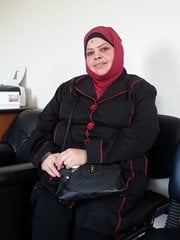No. of pages : 60
Publisher : UN
Publication date : 01/01/2010
Author : UN
This paper focuses on internal economic migration in Viet Nam. It is important to recognise the continuities between internal and international migration trends, as well as their shared capacity to significantly contribute to the socio-economic development of Viet Nam.
This paper makes suggestions for appropriate policy interventions to maximize the contribution of migration to socio-economic and human development in Viet Nam and to ensure the rights of migrants adn their families are realized.



